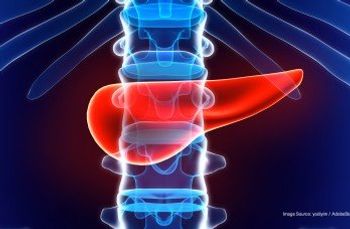
Cryocompression May Mitigate Chemo-Induced Neuropathy in Gynecologic Cancers
Investigators report that most patients with gynecologic cancers were able to tolerate cryocompression to help manage chemotherapy-induced neuropathy, according to an expert from Duke University Medical Center.
Cryocompression may help to prevent peripheral neuropathy related to chemotherapy for patients diagnosed with gynecologic cancers without additional burden, according to Mary Katherine Montes de Oca, MD.
During
In the self-controlled trial, over 70% of patients reported cryocompression was very tolerable with each cycle, and over 80% “agreed” or “strongly agreed” that cryocompression was acceptable and planned to continue with the intervention during future chemotherapy. Additionally, patients undergoing cryocompression were 39% less likely to report Patient Neurotoxicity Questionnaire grade of C or less symptoms of peripheral neuropathy compared with a control group of patients who did not undergo cryocompression.
Transcript:
We found that cryocompression therapy significantly prevented subjective symptoms of neuropathy. We didn’t find any differences in objective neuropathy between groups, and we found that patients overall were able to tolerate the cryocompression really well.
There’s a theoretical concern of frostbite from the ice on the hands and feet. We didn’t have any adverse [effects] from use of the cryocompression. There were 2 patients who weren’t able to tolerate the treatment. But the compression therapy can also allow for a barrier between the patient’s fingertips and the ice.
I hope that [my colleagues] take away that cryocompression can prevent chemotherapy-induced peripheral neuropathy in patients with gynecologic cancer. Hopefully, it is something that is easy, accessible, and [is something] that can be recommend to patients without creating additional burden on them during chemotherapy.
Reference
Montes de Oca MK, Unnithan S, Erkanli AE, et al. Use of cryocompression to reduce peripheral neuropathy in gynecologic cancer: a randomized controlled trial. Presented at: 2023 SGO Annual Meeting on Women’s Cancer; March 25-28, 2023; Tampa, Florida.
Newsletter
Stay up to date on recent advances in the multidisciplinary approach to cancer.












































